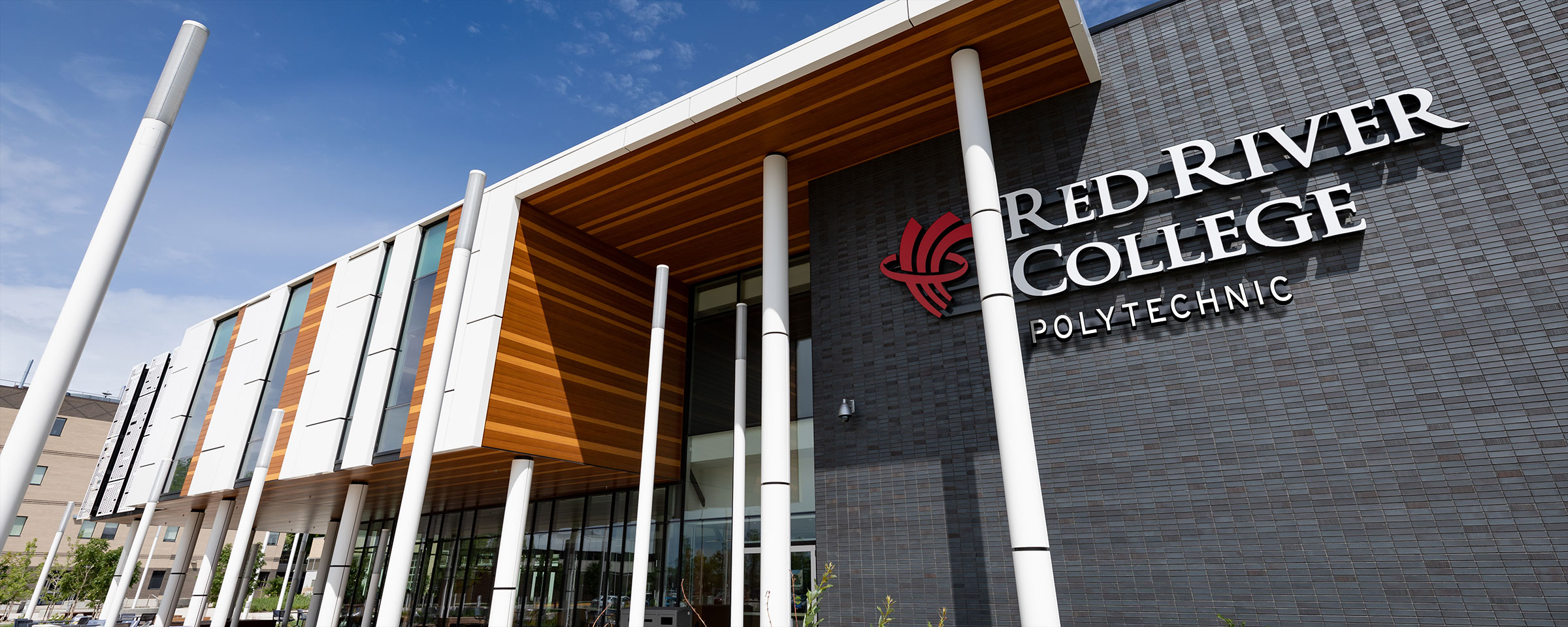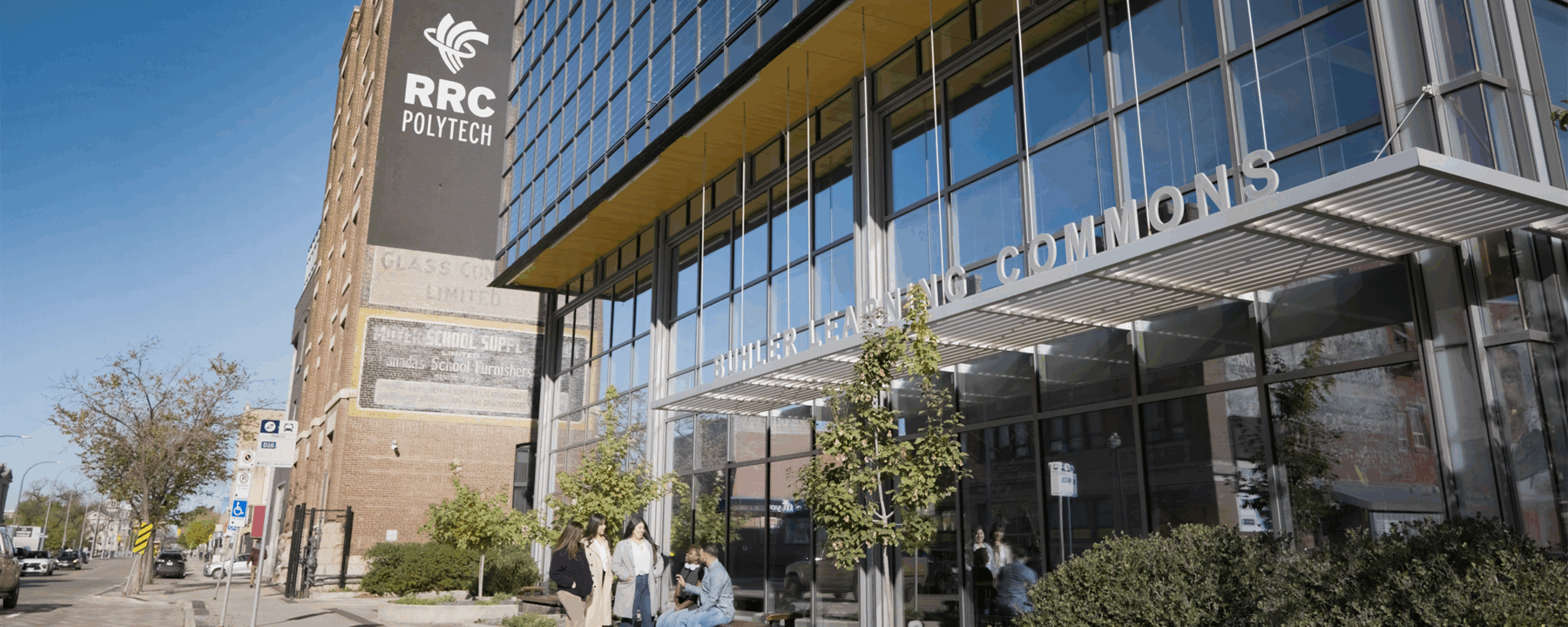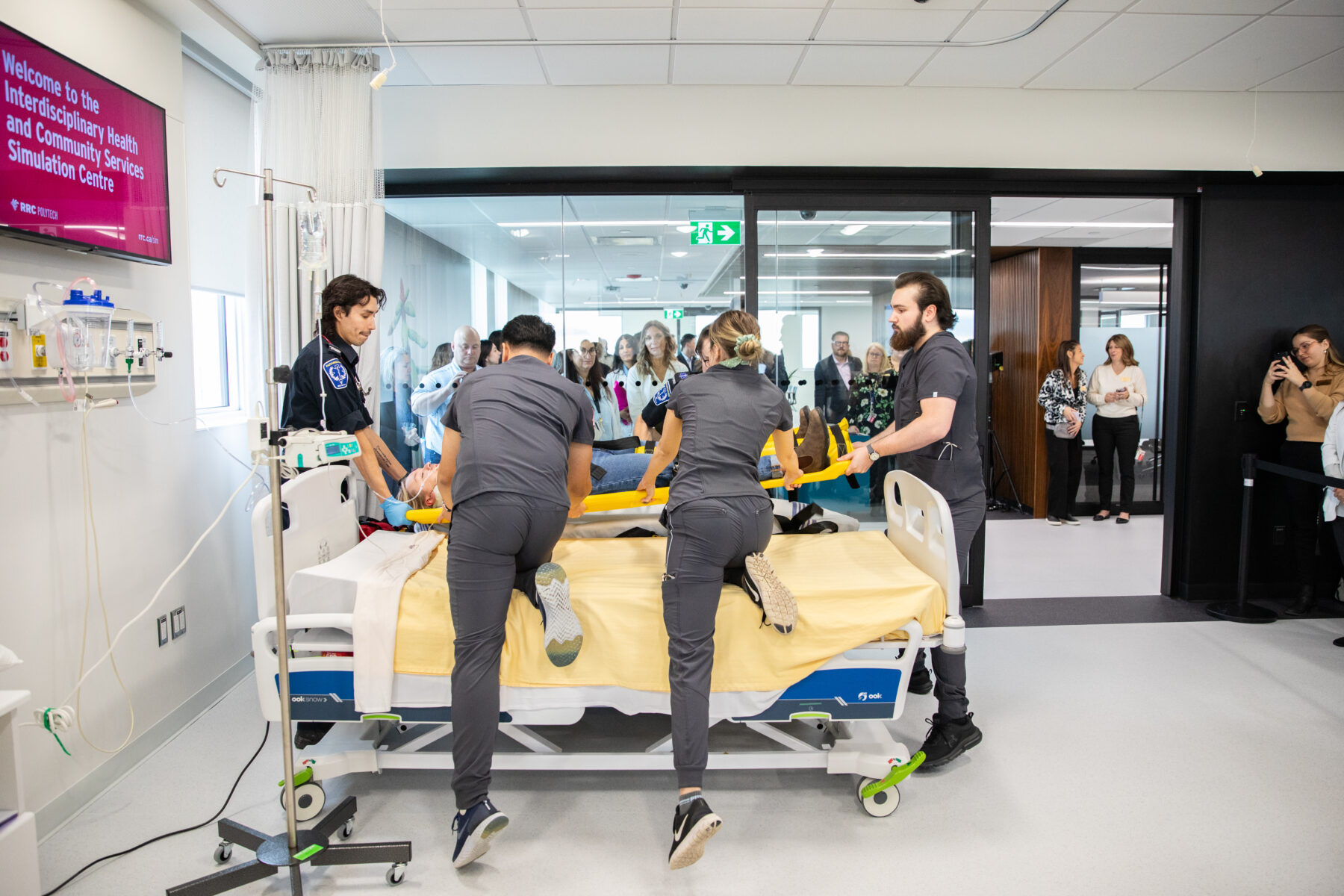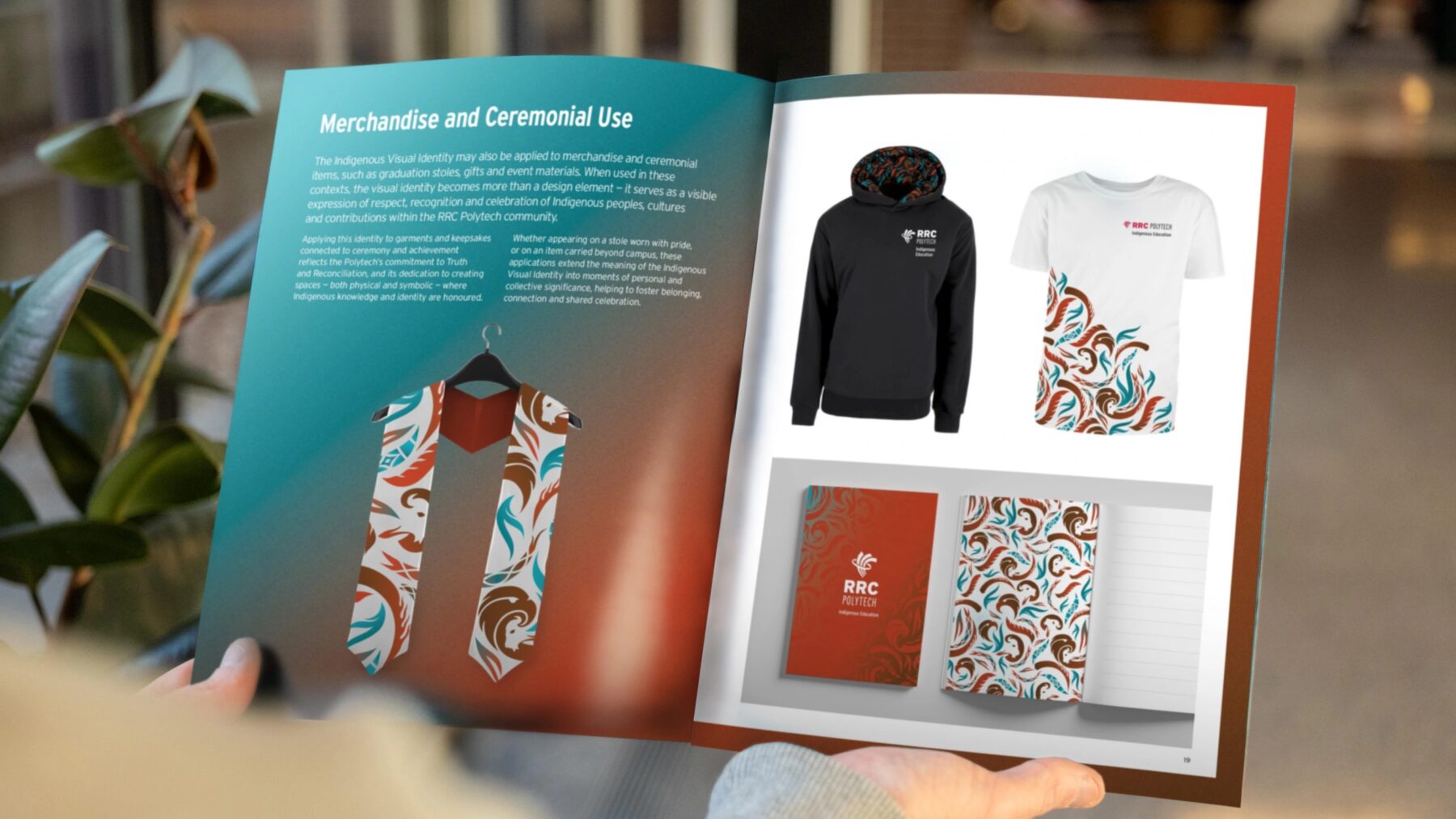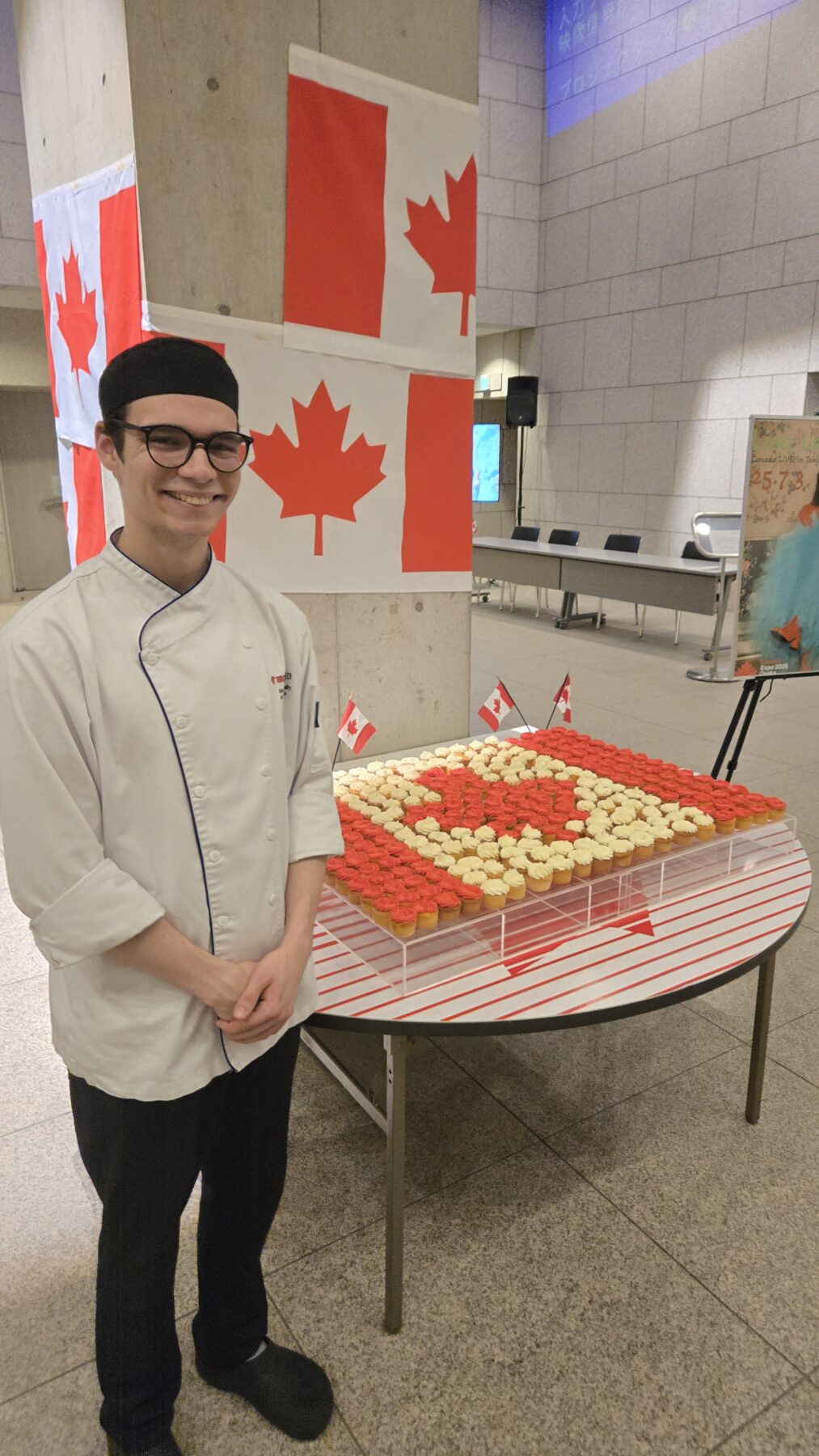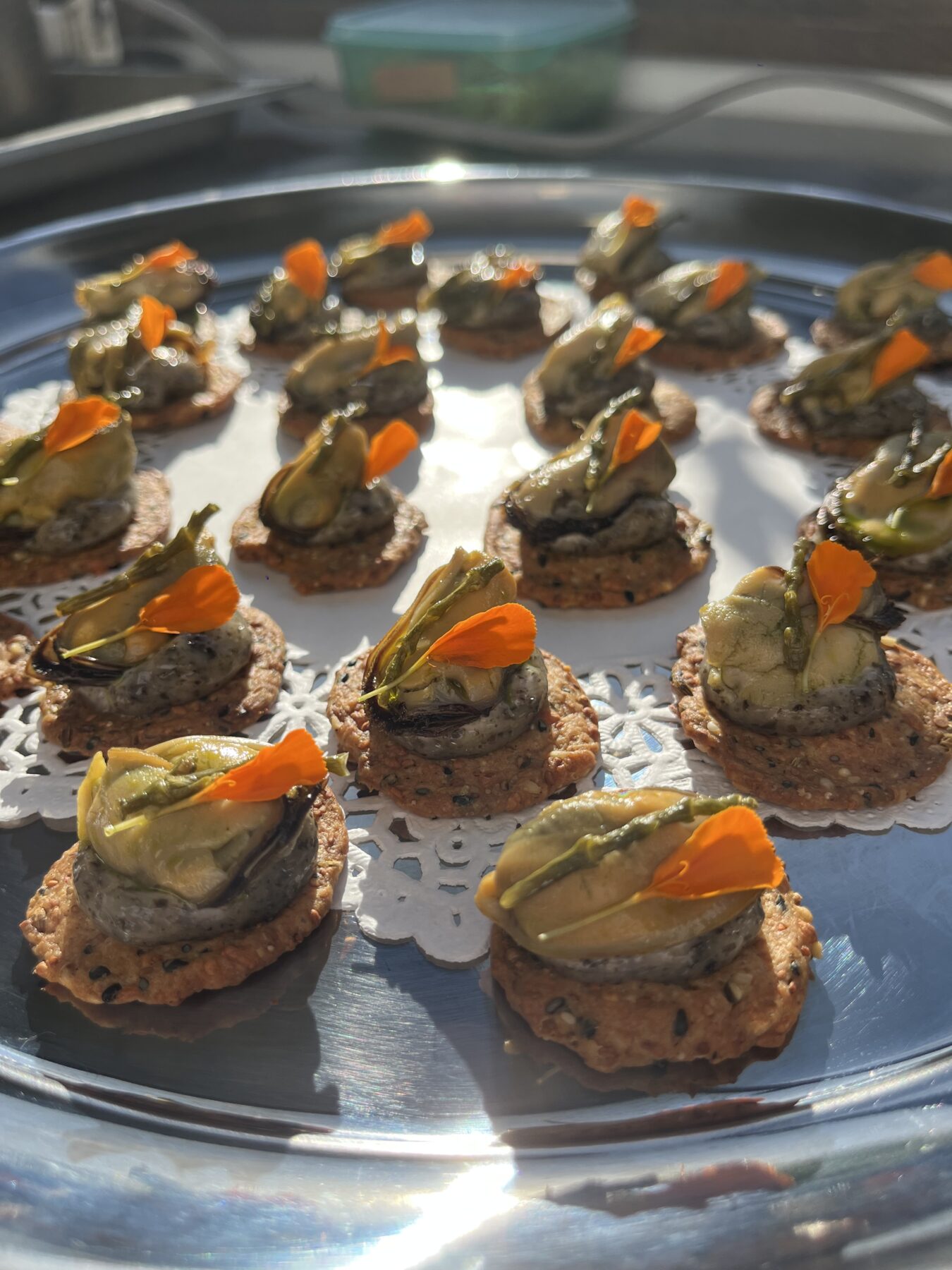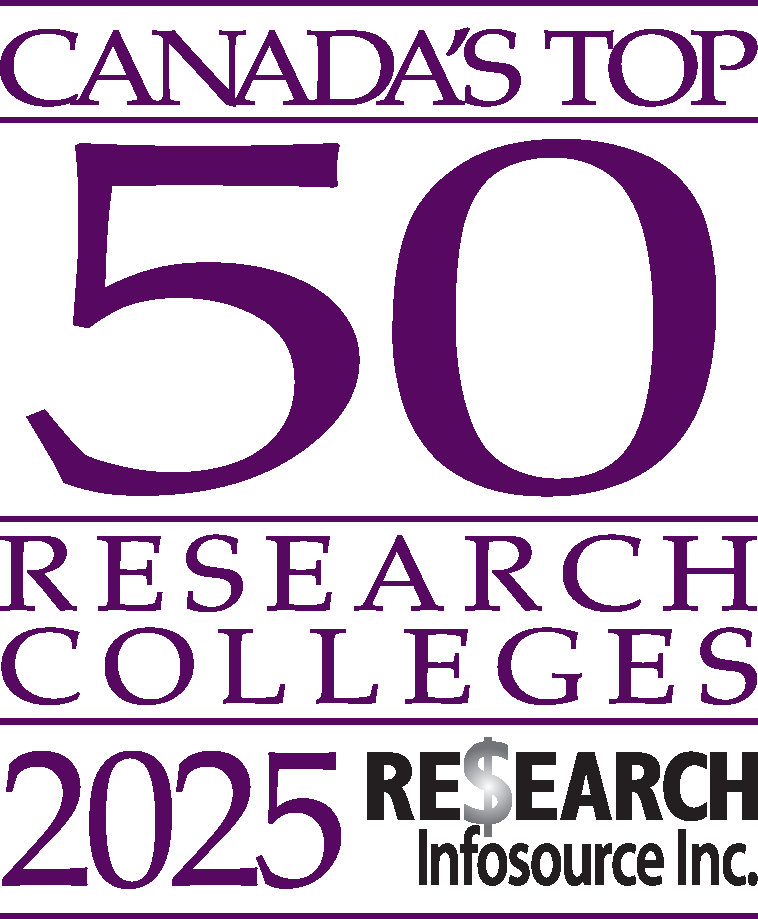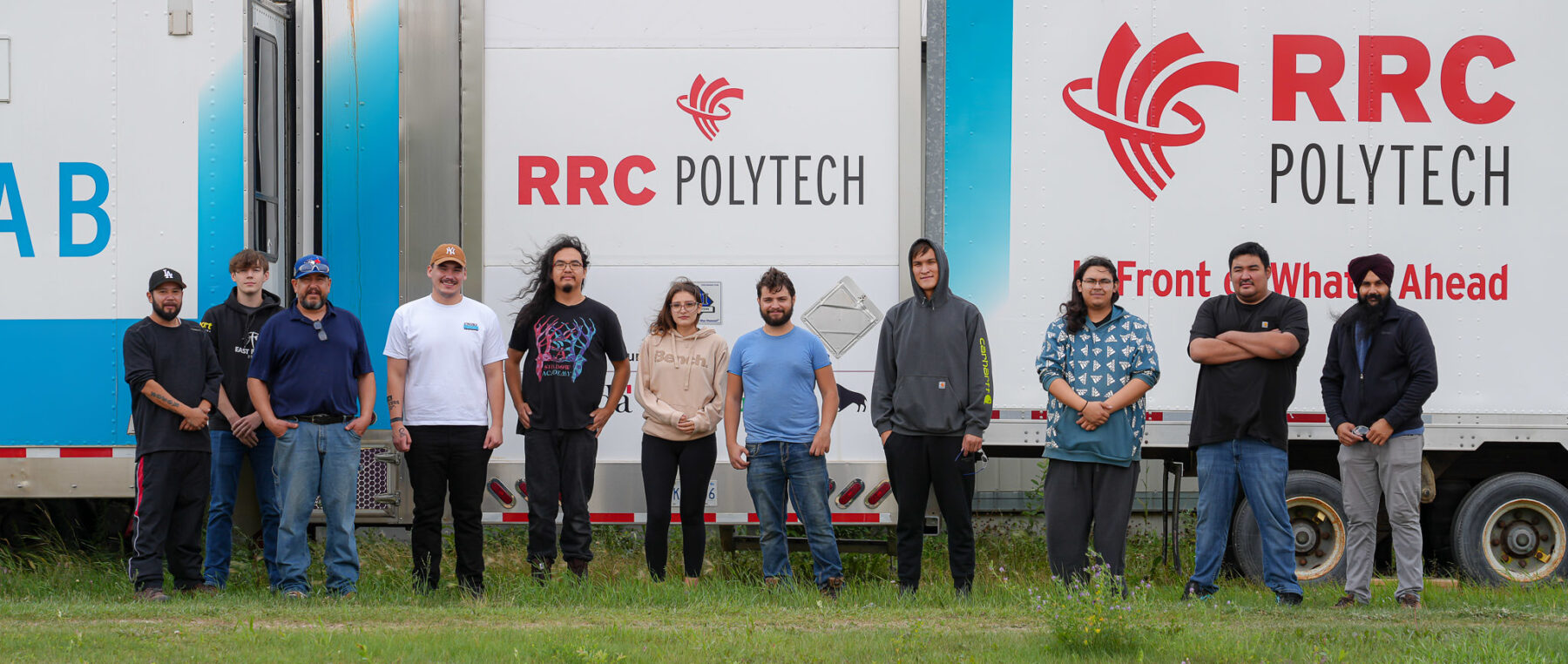Federal funding boosts RRC Polytech’s applied research capacity to support local manufacturing and transportation sectors
Creation of the collaborative Innovation Garage will accelerate Manitoba’s competitiveness in the shift to cleaner energy

Today, Prairies Economic Development Canada (PrairiesCan) announced a $3.3 million investment that will expand applied research capacity at RRC Polytech’s Vehicle and Technology Energy Centre (VTEC) helping local manufacturers and businesses in sectors vital to Manitoba’s economy to address gaps in their ability to innovate on the path toward zero emissions.
“Building a stronger, more competitive Canadian economy means investing in the Prairies’ unique strengths. And this is exactly why we are supporting the Vehicle Technology Centre and expanding applied research capacity at RRC Polytech,” said the Honourable Eleanor Olszewski, Minister of Emergency Management and Community Resilience and Minister responsible for Prairies Economic Development Canada in a news release. “Our new government is helping Manitoba’s heavy equipment and vehicle sector innovate, adopt new technologies, and create good jobs for workers and opportunities for local business. Together we are strengthening Canada’s clean industrial economy and ensuring we build Canada strong.”
The federal investment of $3.3 million will help establish the Innovation Garage at RRC Polytech, in partnership with the Vehicle Technology Centre, the Province of Manitoba, and private-sector partners. This amount is in addition to the $3.3 million investment made by the Government of Manitoba by the Honourable Jamie Moses, Minister of Business, Mining, Trade and Job Creation.
“This investment builds on the strength of Manitoba’s heavy equipment and vehicle sector which exports around the world and supports thousands of good jobs right here at home,” said the Honourable Jamie Moses, Minister of Business, Mining, Trade and Job Creation in a news release. “By partnering with industry and RRC Polytech, we’re helping companies adopt new technologies, scale up, and bring more made-in-Manitoba innovations to the global market.”
The Innovation Garage is a flexible project space that will enable academic researchers and industry partners to work together to advance research and development (R&D) of processes and products that support the heavy equipment and vehicle (HEV) sector and accelerate the province’s transition to a low carbon economy. It will feature leading-edge equipment, tools, and technology including a microgrid lab focused on energy innovation and EV infrastructure, and a hydrogen and fuel cell lab to advance clean propulsion systems and other new technologies.
“The Innovation Garage at RRC Polytech is about preparing Manitoba’s manufacturing sector for the challenges and opportunities of a changing world,” said Fred Meier, President and CEO, RRC Polytech. “As industries transition to cleaner energy and work to address climate change, this investment provides the technology, expertise, and collaborative space needed to innovate quickly and efficiently. Together, we’re building solutions that make our province more competitive and more sustainable for generations to come.”
The Innovation Garage strengthens RRC Polytech’s relationship with the Vehicle Technology Centre (VTC) by increasing the institution’s support of and collaboration with Manitoba’s cluster of HEV manufacturing leaders. This will help small- and medium-sized enterprises adopt new technologies, strengthen workforce skills, and bring more made-in-Canada innovations to market.
The project will also support the VTC’s Clean Technology and Advanced Manufacturing program, which helps manufacturers leverage their investments in industrial applied research and development.
“Manitoba’s heavy vehicle and equipment manufacturers drive market leadership through ongoing innovation,” said Ron Vanderwees, President and CEO, Vehicle Technology Centre. “Today’s announcement will allow our manufacturers to conduct industrial-scale advanced research on site at RRC Polytech in collaboration with academic researchers, suppliers, and contractors. Combined with the Clean Technology and Advanced Manufacturing program funding announced today, this investment will accelerate innovation in our regional cluster and build the research expertise needed for continued success.”
The Innovation Garage is an exciting evolution in RRC Polytech’s commitment to elevating industry and community through practical training and applied research. It’s an opportunity to collaborate with more of the province’s best and brightest to support digital transformation and develop more advanced and sustainable manufacturing processes and products that are critical to the adoption of cleaner tech.
The impacts are often cumulative. Groundbreaking projects like developing the world’s first electric tundra buggy with Noble Northern established RRC Polytech’s VTEC as a proven hub for innovation that specializes in the testing, validation, and demonstration of emerging vehicle technologies and alternative energy systems. Knowledge from that project was then applied to the creation of a diesel-to-electric conversion kit for school buses, which could be further adapted to help subsequent partners convert fire trucks, farm machinery, and other heavy equipment to more efficient power sources.
The addition of the Innovation Garage will expand VTEC’s capacity to conduct technical exploration, increase commercialization, and introduce a broader spectrum of technologies to assist more local companies to accelerate their clean technology transition while offering practical experience to students.
“RRC Polytech’s collaborative efforts to support digital adoption and advance clean technology across all sectors is ongoing daily,” said Meier. “The new resources made possible by today’s investment empower our experts in Research Partnerships & Innovation to expand their work, and to seek and strengthen relationships that drive sustainable progress and economic prosperity for all Manitobans.”
